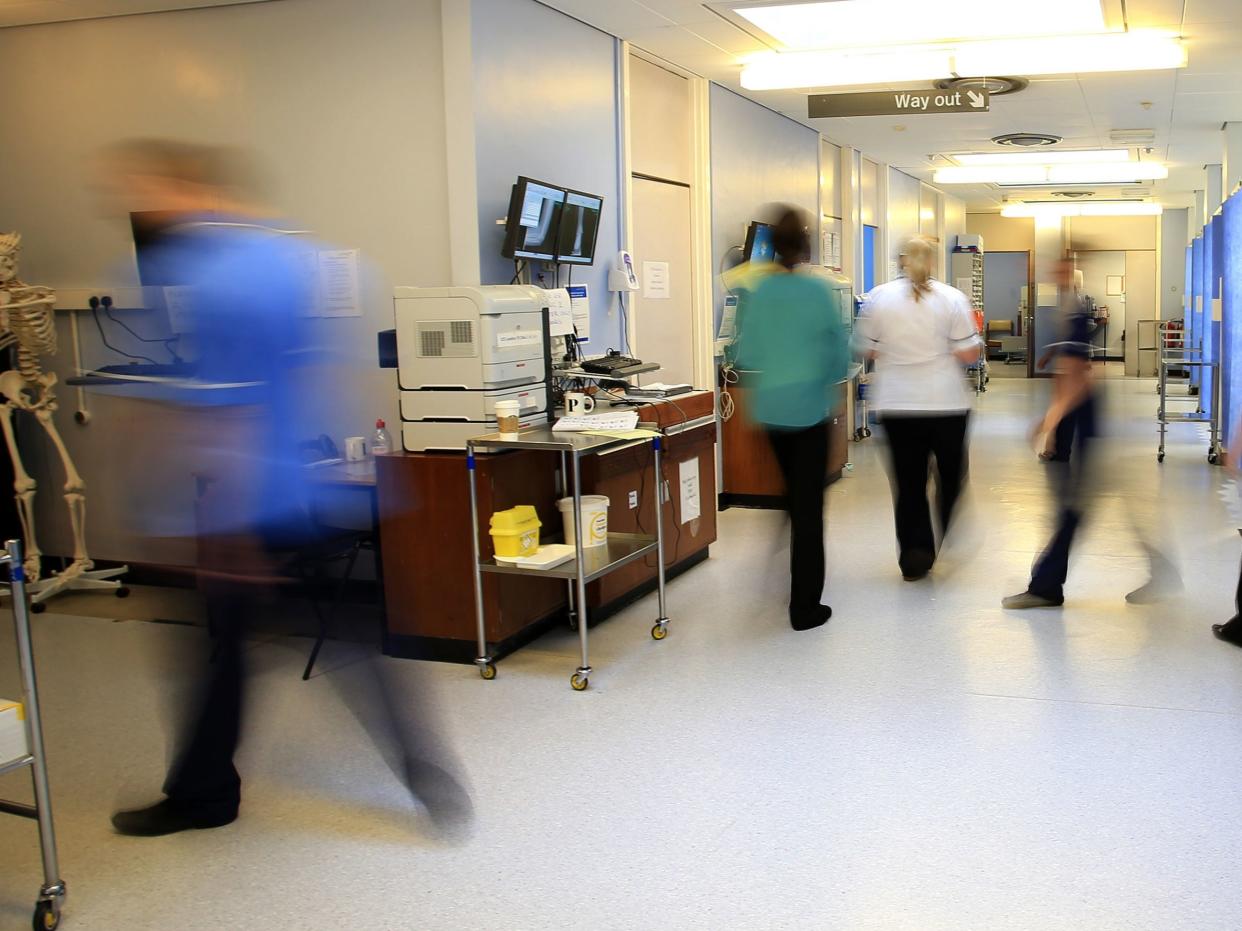Is the UK headed for a second wave of coronavirus?

For several weeks now the numbers of people testing positive for coronavirus have been increasing sharply. Restrictions to normal life have been imposed on huge swathes of northern England to try and hold back the tide.
NHS England’s chief executive today described the situation as “disturbing” and going in the wrong direction.
So is this a second wave? Yes and no. In all likelihood this is just the continuation of the first wave of Covid-19 that was successfully suppressed by the national lockdown. The virus never went away like seasonal flu, which does travel around the globe in waves each year.
Regardless of the definition, a second peak of coronavirus infection in the UK seems to already be here in some places and is certainly fast approaching.
The daily numbers look scary compared with April and May but of course this is a result of widespread community testing meaning we are now capable – when test and trace is working properly – to see where the virus is in far greater detail than ever before.
This time round though, the numbers testing positive are not the main indictors being nervously watched in Whitehall. We now know a lot more about the likely spread of the virus and the scale of impact it will have.
The apocalyptic warnings made by statistical modellers in early March have been shown to be unrealistic. Its no longer about the numbers infected but those who are worst affected.
The main focus now is the NHS and its ability to cope. Ministers will be watching the hospital admission rates closely – and they have spiked significantly in recent days. This will inevitably lead to increased deaths in the next 10 to 14 days and more patients needing help to breathe.
Now the calculations are different to what they were in March. We know patients have died at home when they should have been in hospital. Cancer screening and vital diagnostic checks will have missed some cancers and a small number of these patients may tragically be beyond help now months later.
This is a situation NHS bosses and ministers want to avoid during this second peak and the calculation appears to be that with some smart moves the NHS can find a way to keep routine services going and tackle Covid cases.
This is a huge ask. As NHS England’s chief operation officer Amanda Pritchard has acknowledged NHS staff are exhausted. There are no reinforcements coming over the hill.
Tired nurses and doctors and all the staff around them need to step up again. Only this time they will be split between services. There are serious doubts in some quarters that the NHS has the capacity and capability to do this safely. Some NHS leaders are quietly whispering that complacency in some places is a serious risk.
In this context ministers will be hoping to get through the next few weeks and months with the NHS running extremely hot but avoiding breaking point.
As cases vary across regions, hospitals will reach their tipping point at different times. Hence Sir Simon Stevens talking about an agile, local response.
Ministers will be aiming to support this with tougher regional restrictions as necessary and avoiding a national lockdown at all costs. Whether that is possible remains to be seen if cases keep rising there may be little alternative.
But if hospitals do manage and the new treatments and management of seriously ill patients mean the health service copes better than expected we could be at a stage where conversations turn to living with the virus longer term. But we are not there yet and underestimating Covid-19 could be a major mistake.

 Yahoo Movies
Yahoo Movies 
